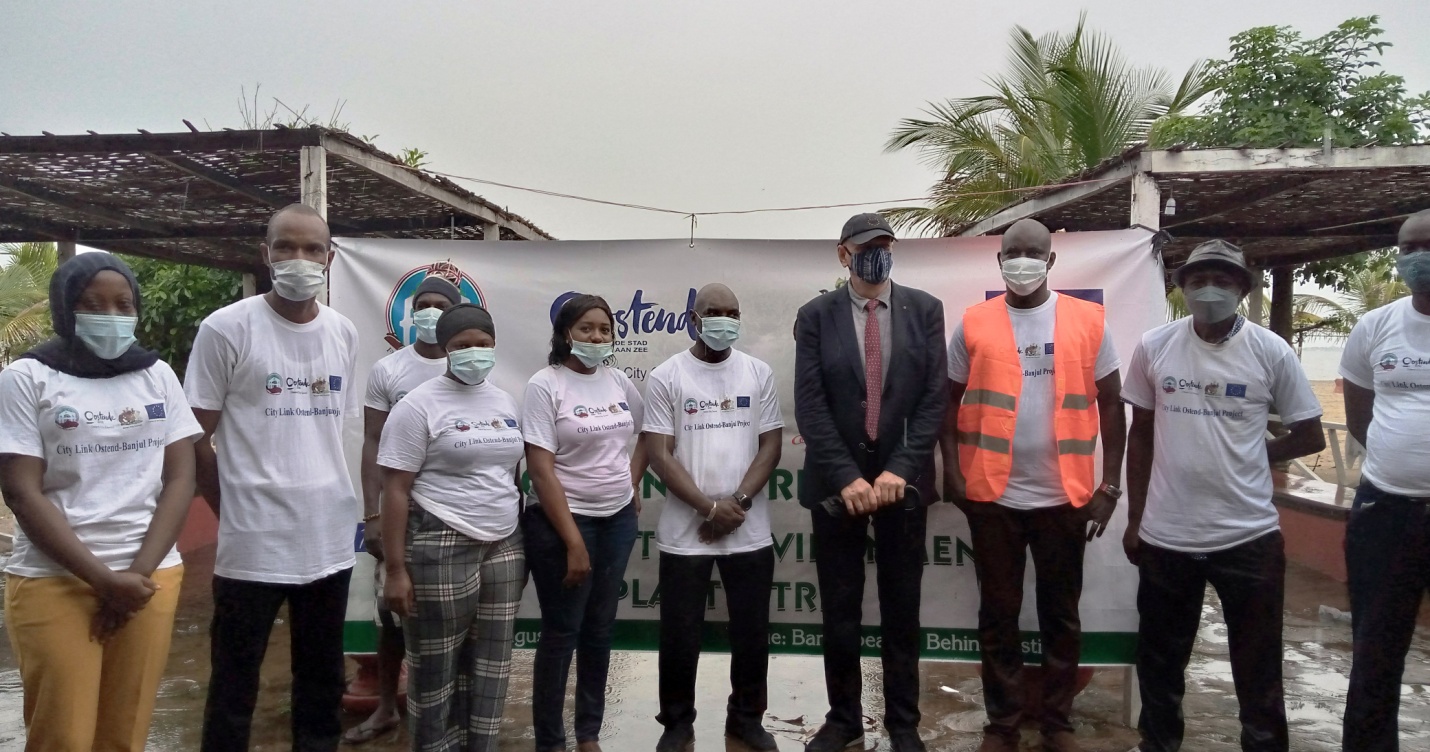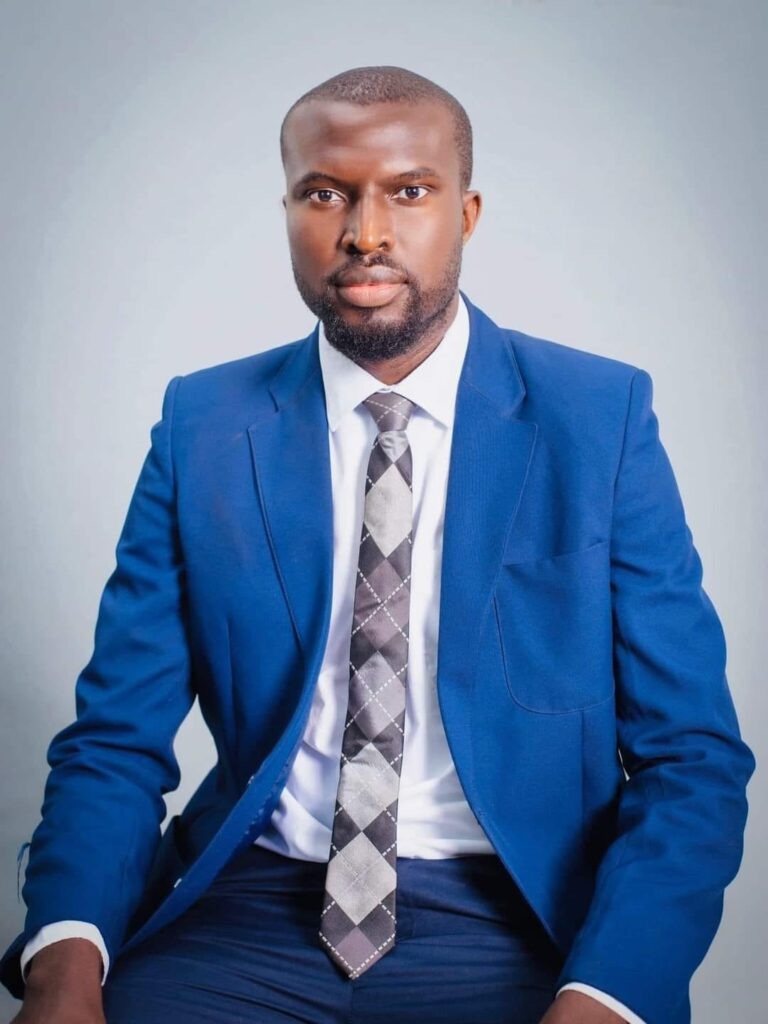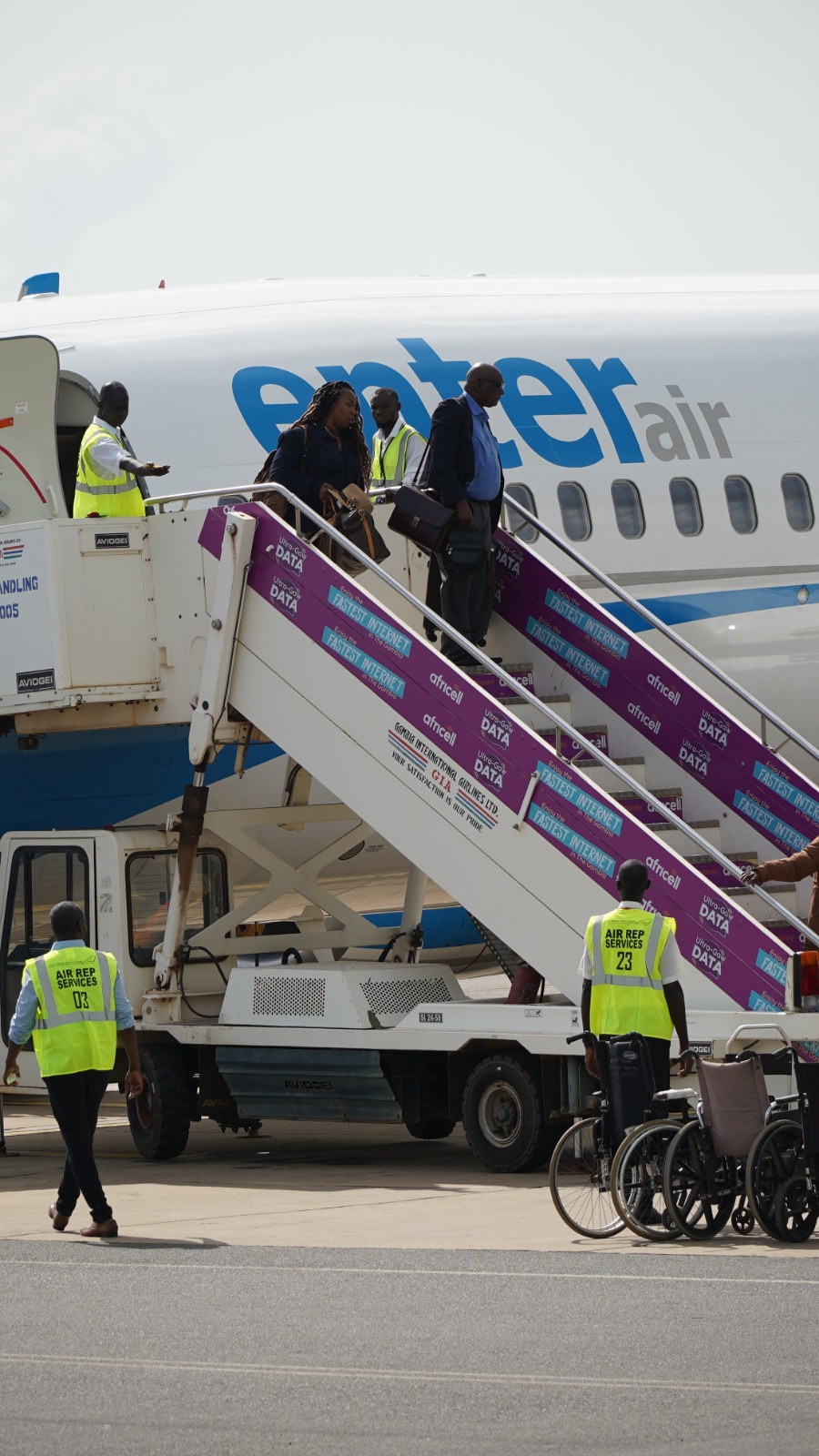By Yunus S Saliu
The City Link Ostend-Banjul Project knew as Future Proof Banjul, a project sponsored by the European Union (EU), Wednesday kicks-start the planting of 5000 coconut trees along the coastline of Banjul.
Planting of the 5000 coconut trees among other things aimed to prevent coastal erosion and desertification, to make the beach more resilient in the face of sea level rise and create nice and cooler environment and also the coconuts will be an engine for economic growth and contribute to food security within the city.
Launching the first activity to plant 5000 coconut trees for greening the city, Banjul, the EU Ambassador to The Gambia, Attila Lajos urged everyone to plant trees now to find a different world after the Covid-19 crisis.
Ambassador Lajos said climate policy must include not only ambitions measures to reduce greenhouse gas emissions, but also concrete investments at local level to remove carbon already in the atmosphere, as trees are nature’s own carbon removal engine.
“Investing in planting and sustainably managing trees could remove large amount of carbon dioxide while creating hundreds of thousands of jobs, many more jobs per Dalasi or Euro spent than in carbon-intensive industries like oil and gas or aviation,” he noted.
He added on that environmental protection is a key area of urban governance in a world where climate change will affect everybody, “and local governments have a very important role to play. Acting now, prepare for the future as planting of trees is an excellent example of how we can make a difference together for the generations of tomorrow.”
The project, the ambassador said, goes beyond coastal protection and mitigating climate change.
According to him the project is extremely encouraging “to see the Banjul City Council (BCC) invest in the knowledge and skills of its staff and councilors within the framework of Future Proof Banjul and to acknowledge the importance of a sustainable city waste management system.”
He noted that a clean environment is a healthy environment, and a circular economy, investing in recycling initiatives, enterprises focusing on sustainable goods and services, greening of the city centre and protecting Tambi Wetlands will all help prepare Banjul to be ready.
Meanwhile he emphasized that development is not a one-way street but it happens in partnership that’s, “the city link between Ostend and Banjul is a beautiful example of the value of local authorities cooperating with each other and learning from each other “projects come and go but partnerships and twinning remain,” he noted.
Speaking on behalf of Mayor of Banjul, Honorable Omar BS Touray, Deputy Mayor of Banjul, thanked the partners and EU for sponsoring the project which he described “a wonderful project through the Ostend link.”
He said it is a magnanimous project to the Banjul City “that is not only for Banjulians but for everybody.”
He urged everyone to take good ownership and responsibility of the project “as there is no political or religious attachment to it but purely a development project for everyone living in this city and the Gambia.”
About Future Proof Banjul
City Link Ostend-Banjul project known as Future Proof Banjul is a partnership for sustainable city development project funded by the EU under the 2019 EuropeAid called Local Authorities: Partnerships for Sustainable cities.
It is a Eur3.1 million project started December 2019 and will end November 2022 with specific objective of strengthen the urban governance capacity of Banjul City Council (BCC) by developing an efficient public service and a future proof programme for the city of Banjul. The focus areas are good governance, greening the city, improved city waste management, accessible specialized health care and creation of a sustainable development centre at Crab Island, greening Banjul component of the project




